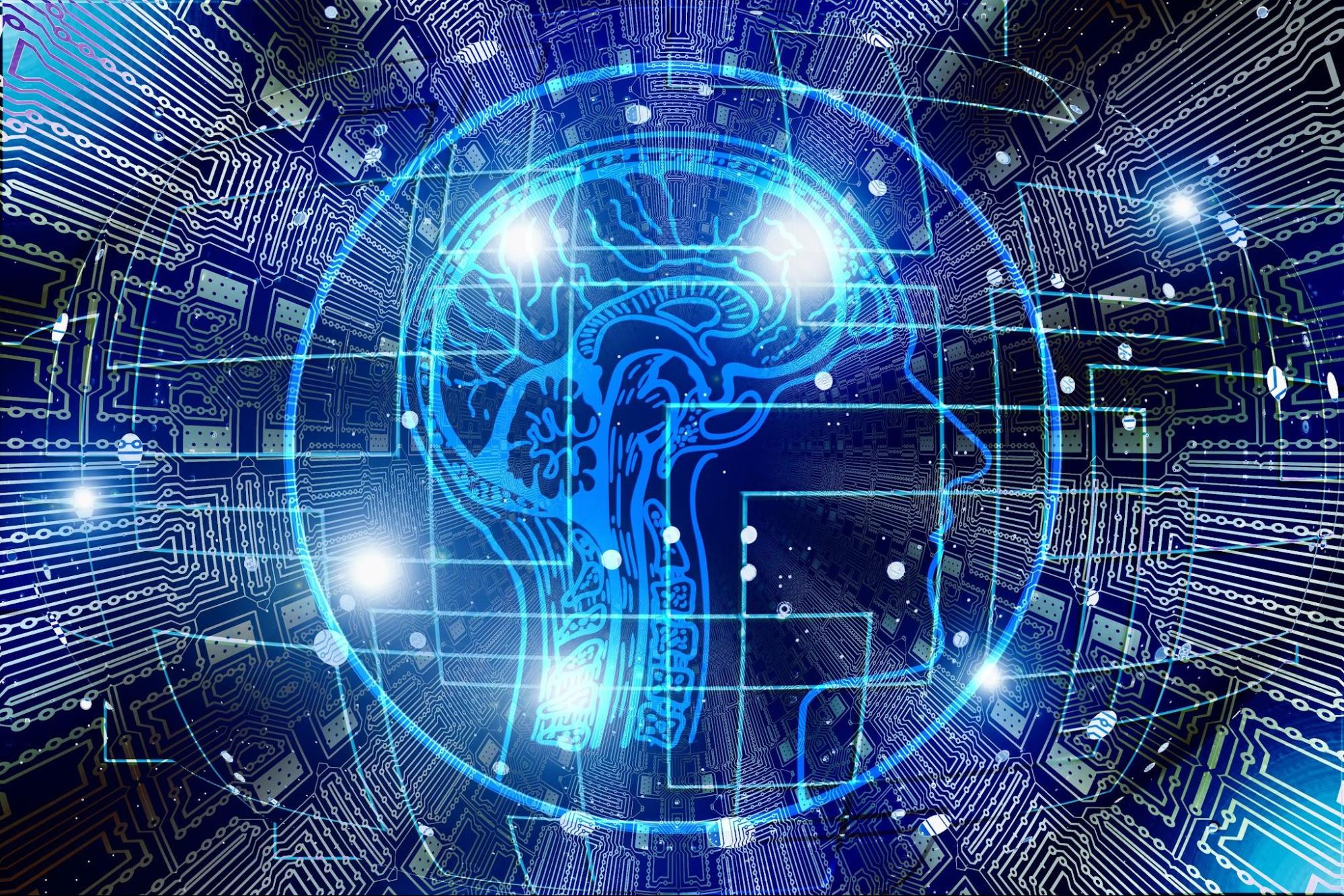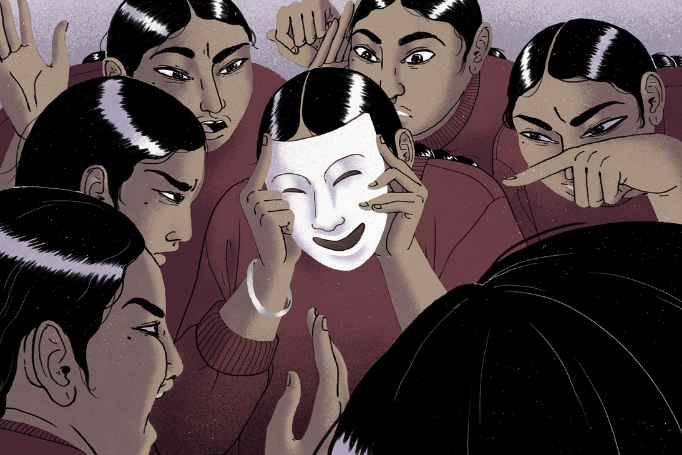This is a guide to analyzing opponent claims in a debate. This guide will provide information regarding artificial intelligence to those who find interest in this topic. Additionally, we will learn how to formulate strong responses (or rebuttals in debate terms) to refute opponent claims. In this walkthrough, we will be analyzing and refuting the con argument (or negation in debate terms) of the following topic:
Artificial intelligence poses more opportunities than threats to human society.
Introduction:
Many people feel threatened by the presence of artificial intelligence in their daily lives. There is a wide misconception that artificial intelligence (AI) will pose more threats than benefits to human society. However, that is an argument that is backed by pure emotions and several weak statistics. Let us break down the job loss and dependency arguments brought up in this topic.
- Artificial Intelligence will take over jobs and cause job loss.
One of the strongest arguments against the use of artificial intelligence is the threat of losing jobs with the presence of AI.
Evidence for negation claim: A Forbes article writes, “Goldman Sachs reported…300 million jobs could be lost or diminished [to AI]” (Kelly).
This is definitely a statistic that would be used by many debaters attempting to disprove the topic claim. But there are also many other sources online that give other numbers about job loss.
As a debater, you can question your opponent’s source credibility. If you are able to disprove the credibility of your opponent’s source, you are in good shape for the debate, as one of their claims is crushed:
Example: According to a different Forbes article, “World Economic Forum estimated that AI will replace some 85 million jobs by 2025. The same report, however, concluded that some 97 million new jobs would be created in the same time frame due to AI” (Simon).
Explanation: If your opponent bases their sources on a secondary source like Forbes, you can crack down on their claim. Using a primary source, for example, the Goldman Sachs website would be more reliable and harder to argue.
Having said that, if your opponent is more specific about job loss with regard to certain specialties, it can be moving and appealing emotionally, which can sway the judges (or adjudicators in debate terms). Keeping your arguments logical is the key to winning against this strategy.
Example: If your opponent brings up the loss of teachers, you can bring up that artificial intelligence will not replace teachers, but instead, assist teachers in doing arduous tasks. Here are several helpful pieces of evidence that can refute your opponent’s claims.
- “Rather than replacing teachers, existing and emerging technologies will help them do their jobs better and more efficiently” (Bryant, Heitz, Sanghvi, Wagle).
- Teachers spend an average of 50 hours per week on their work, and less than half of that time is direct interaction with students. (Bryant, Heitz, Sanghvi, Wagle).
- “Teachers spend an average of 11 hours a week in preparation activities. [It is estimated] that effective use of technology could cut the time to just six hours” (Bryant, Heitz, Sanghvi, Wagle).
- Humans will grow dependent on artificial intelligence.
This is an argument that can be easily turned both ways, depending on the interpretation.
Example: “Newer generations of citizens will become more and more dependent on networked AI structures and processes” (Alexandridis).
Many of the negation claims are essentially based on fear of improvement and innovation. Depandance is not necessarily bad news, as we have seen time and time again that we always grow dependent on technology. Therefore, growing dependence on artificial intelligence is a non-unique argument that can be used for various situations. It would be a smart move to bring down your opponent’s argument by deeming it non-unique, which means that regardless of what argument is made, the dependence claim will still happen. The ability to interpret and explain an argument in different ways is an invaluable skill in order to crush your opponent.
Humans will only grow dependent if artificial intelligence provides benefits. Humans have grown dependent on technology such as cars and computers, so what makes the dependency on artificial intelligence any different from these events in history?
Final Punch: How does one assess if technology provides more benefits or risks?
The advancement of society is the ultimate goal, and if society is able to do this in one way or another, we have accomplished our mission as a human society.
In this in-depth analysis, we have structured responses to two key arguments against the benefits of artificial intelligence to human society. We questioned the source credibility of our opponents for their argument of job loss and we have additionally rebutted their claim by highlighting the potential for artificial intelligence to augment human roles. We also analyzed the claim of dependency and outlined its flaws in a debate. Ultimately, we were able to look at this debate with a different lens and place it in a broader context of human progress.
Works Cited
Anderson, Janna. “Artificial Intelligence and the Future of Humans.” Pew Research Center: Internet, Science & Tech, Pew Research Center, 10 Dec. 2018, www.pewresearch.org/internet/2018/12/10/artificial-intelligence-and-the-future-of-humans/. Accessed 11 Nov. 2023.
Bryant, Jake, et al. “How Artificial Intelligence Will Impact K–12 Teachers.” McKinsey & Company, 14 Jan. 2020, www.mckinsey.com/industries/education/our-insights/how-artificial-intelligence-will-impact-k-12-teachers. Accessed 11 Nov. 2023.
“Generative AI Could Raise Global GDP by 7%.” Goldman Sachs, 5 Apr. 2023, www.goldmansachs.com/intelligence/pages/generative-ai-could-raise-global-gdp-by-7-percent.html. Accessed 11 Nov. 2023.
Kelly, Jack. “Goldman Sachs Predicts 300 Million Jobs Will Be Lost or Degraded by Artificial Intelligence.” Forbes, Forbes Magazine, 4 Oct. 2023, www.forbes.com/sites/jackkelly/2023/03/31/goldman-sachs-predicts-300-million-jobs-will-be-lost-or-degraded-by-artificial-intelligence/?sh=192f7e6782b4. Accessed 11 Nov. 2023.
Simon, Charles. “Council Post: As AI Advances, Will Human Workers Disappear?” Forbes, Forbes Magazine, 5 Oct. 2023, www.forbes.com/sites/forbestechcouncil/2022/06/28/as-ai-advances-will-human-workers-disappear/?sh=720f82315e68. Accessed 11 Nov. 2023.
Tamayo, Jorge, et al. “Reskilling in the Age of Ai.” Harvard Business Review, 21 Aug. 2023, hbr.org/2023/09/reskilling-in-the-age-of-ai. Accessed 11 Nov. 2023.

 Gift-Giving or Gift-Receiving: Which is Really Better?
Gift-Giving or Gift-Receiving: Which is Really Better?